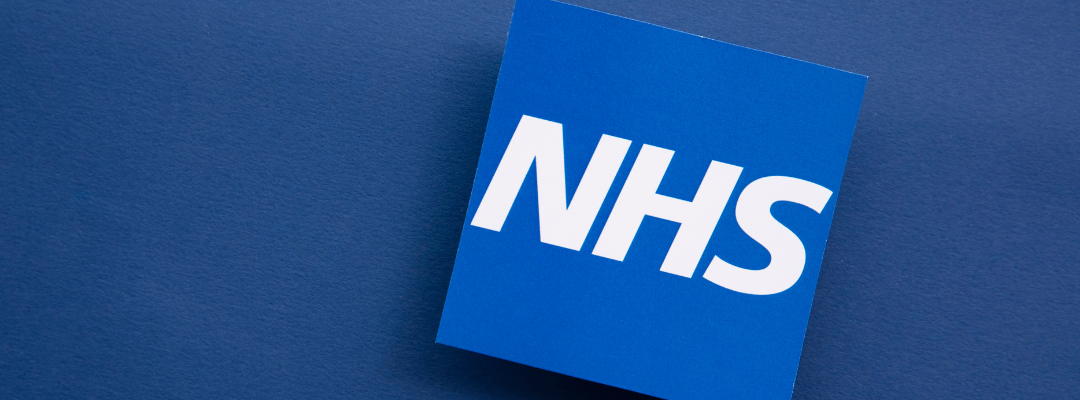
The Importance of Hydration in Menopause
When looking at dietary changes you can make through menopause, it’s easy to focus on food and forget about fluids. However, they are just as important to our health as obtaining nutrients from the food we eat.
Why is it important to stay hydrated?
Time and time again, the importance of hydration is mentioned - with very good reason. Most body cells contain fluids. These fluids are often vital for our survival, by supporting numerous bodily processes. For example, fluids:
- Carry nutrients and oxygen round the circulatory system
- Help the kidneys to remove waste from the body as urine
- Lubricate joints
- Moisten the eyes, nose and mouth
- Help regulate body temperature.
Symptoms of Dehydration
The risk of dehydration occurs if the body is losing more fluids than it’s consuming. More often than not, this is because of drinking too few fluids. We all know this is something to avoid, as long-term dehydration may lead to constipation, more frequent urinary tract infections or even kidney stones.
Some of the most common short-term symptoms of dehydration include:
- Thirst
- Lightheadedness
- Dry mouth, lips and tongue
- Feeling tired
- Headaches
- Infrequent urination
- Dark yellow, strong-smelling urine

It’s important that if you notice any of these signs or symptoms, that you drink fluid. Don’t overdo it by downing a drink in seconds - take small sips frequently to make drinking more manageable.
You may find a chart displaying the colours of healthy and unhealthy urine helpful. It can help you gauge your own hydration levels and identify when to drink more. Usually, the darker your urine, the more dehydrated you are.
How much do you need to drink each day?
The Eatwell Guide recommends 6-8 glasses of fluid each day, though the actual amount of fluid you need may vary each day, depending on factors such as the temperature or how active you are.
Top tips to staying hydrated
If you struggle to stay hydrated, try out these 3 top tips:
Always keep a drink with you
Whether you’re sitting at home or out and about, always make sure you have access to a drink. When you’re sitting watching TV or working at your desk, keep a glass of water nearby that you can take small, regular sips from. Similarly, if you’re on the go, carry a reusable water bottle that you can regularly drink from. You’ll find that simply having a drink nearby will encourage you to drink more regularly.

It doesn’t just need to be water. While water is free from added fat, sugar or salt, you might find yourself looking for something more flavourful from time to time. You could try adding fruit or sugar-free squash to liven things up.
Tea and coffee also count towards fluid intake, as does milk, smoothies and fruit juice. Though be mindful to limit intake of smoothies and fruit juice to 150ml/portion, because of the free sugars they contain.
Limit how often you have sugary or fizzy drinks
These can be harmful to teeth.
Eat your way to hydration
Roughly 20-30% of fluids consumed come from food (1). Fruit and vegetables can be great sources of fluids. In particular, cucumber, tomatoes and melon, which have been suggested to be up to 90% water (1).

In Summary
Hydration is vital to human survival due to its role in numerous areas of the body, from helping remove waste in urine to lubricating joints. Dehydration can occur when the body loses more fluids than it takes in, causing symptoms such as headaches and dark yellow, strong smelling urine. Keep hydrated by carrying a drink with you at all times, mixing up your drink of choice to prevent boredom and eating water-containing foods.
References
1. https://www.bda.uk.com/resource/the-importance-of-hydration.html
www.harleystathome.com | Instagram @harleystreetathomemenopause
Facebook: Search Harley Street at Home: Diagnosis, Symptoms & Treatments or Harley St at Home: Lifestyle, Self-Care and Lifestyle to join our private community



